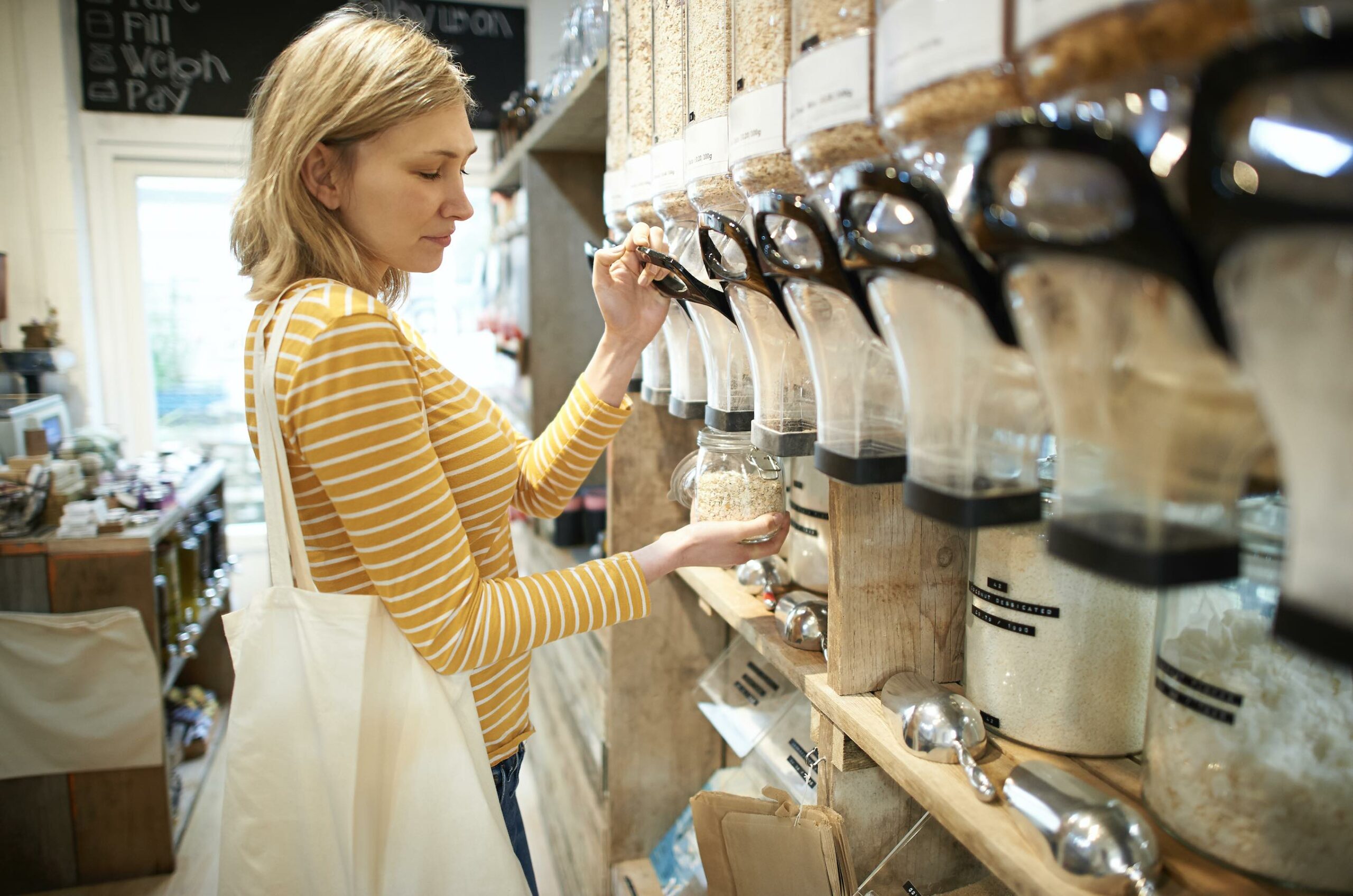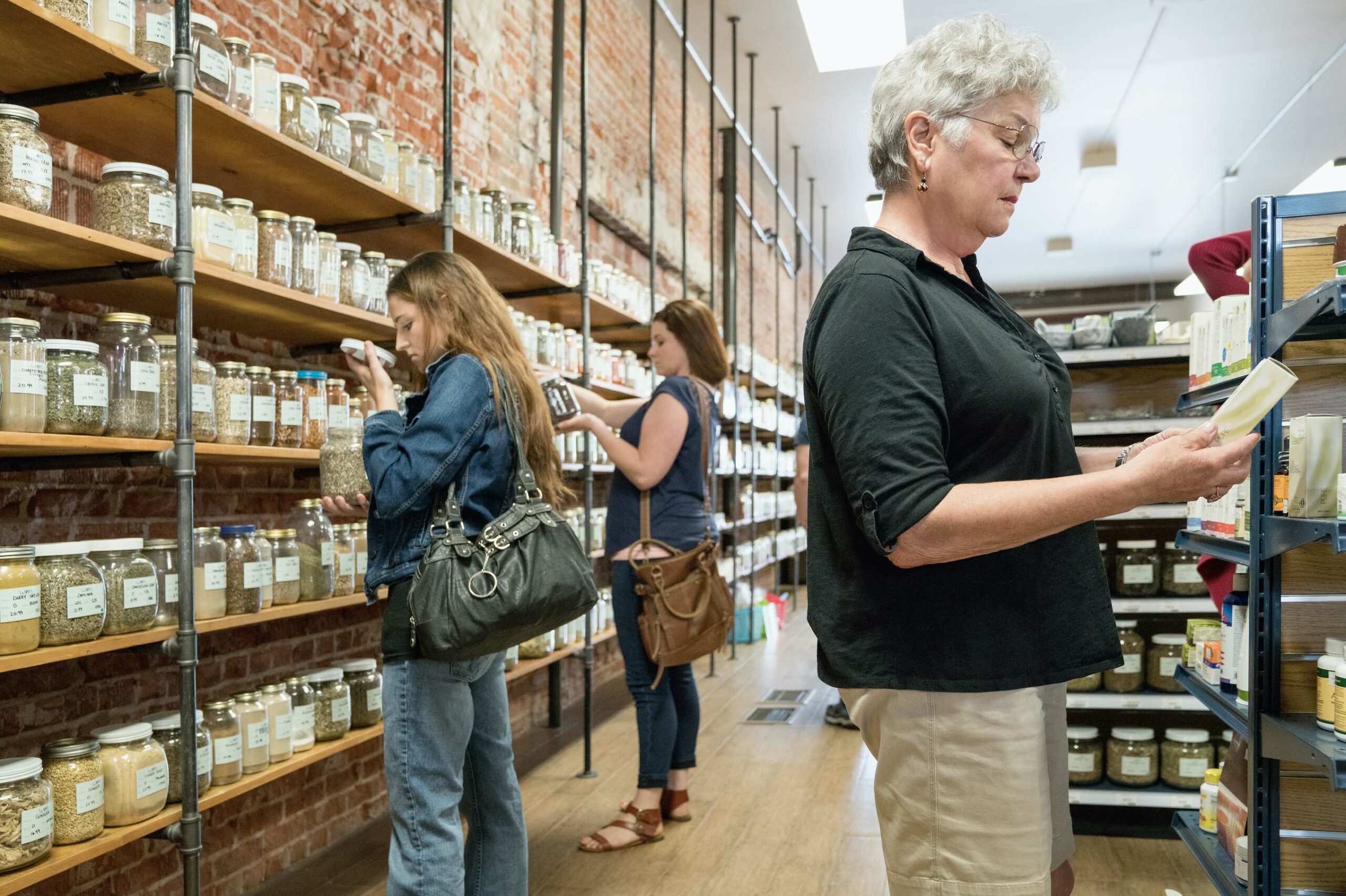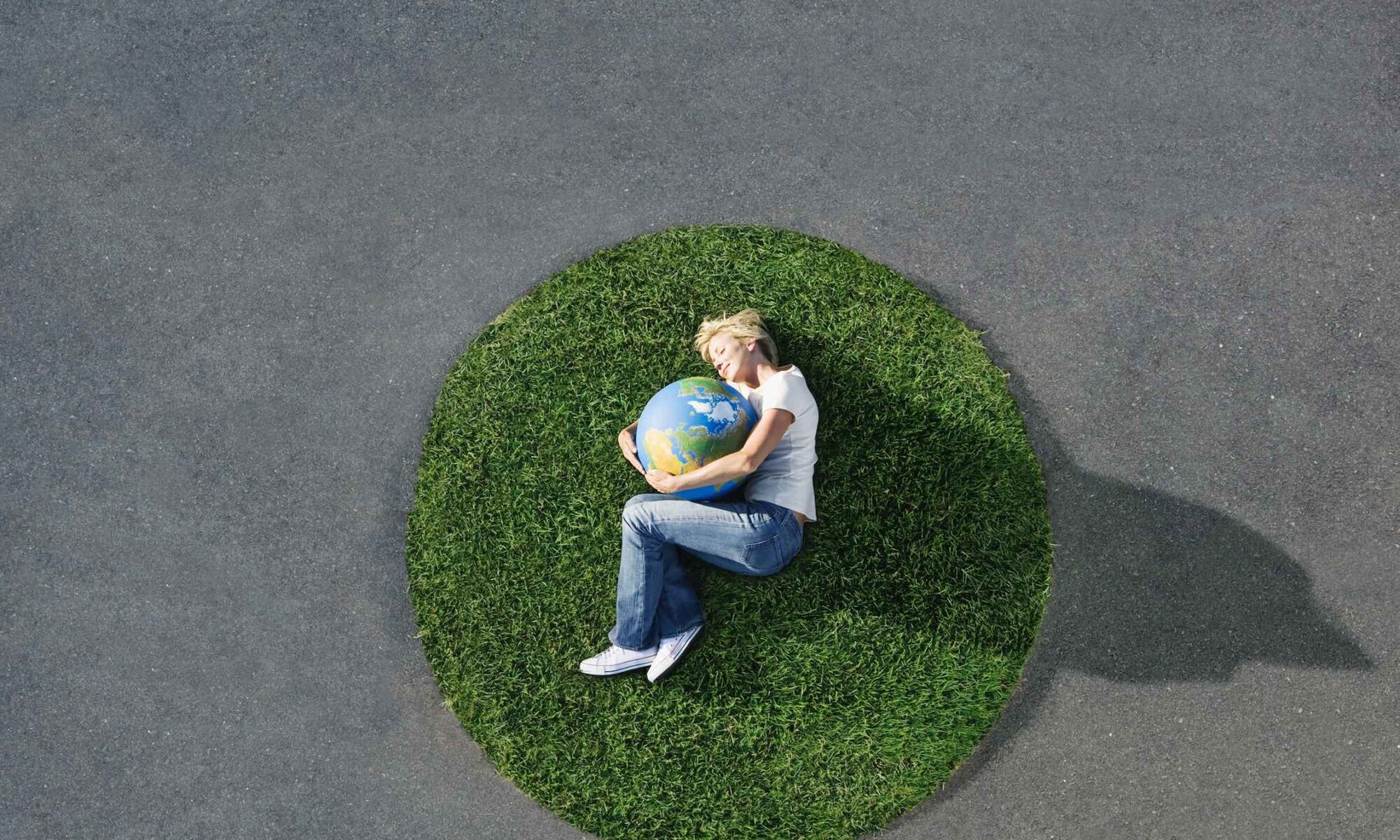What stops consumers from “saving the planet”?
We are all worried about the environment. We know we need to save the planet. So why do so few of us make tangible changes in our day-to-day lives to make the future greener? Is it that we’re just not very civic-minded? No. It’s due to our collective apathy and a misplaced sense of powerlessness against what is a global challenge.
No matter what anyone says, we can all make changes that benefit both our planet and our wallets. To help you shift your behaviour, myLIFE is going to explain how this cognitive bias skews perceptions of environmental issues. This article will highlight the obstacles that stop us changing our habits and will show us that, as consumers, we have the power to save the planet.
The little habits that stop us seeing the bigger picture
Let’s be honest. While we may have good intentions to be greener, they rarely translate into meaningful action. Cognitive biases distort our decision-making and may prevent us from changing our own behaviour to combat a global problem.
This cognitive dissonance means our good intentions don’t always lead to action.
In behavioural finance, these disparities between individuals’ beliefs and behaviour are termed “cognitive dissonance” – a phenomenon that leads to an “intention-action” gap, i.e. a mismatch between beliefs and actual behaviour. It means our good intentions don’t always lead to action.
This intention-action gap doesn’t only affect our relationship with global warming. It comes into play in a whole host of all-too-familiar situations, like when we say we’re going to save more money but never actually do so. Or when we promise ourselves that we’ll finally get out and do exercise every day, but not until tomorrow. In terms of the environment, this dissonance may take the form of intending to buy a more sustainable product but continuing to buy our usual brand for now. It may also be wanting to make a few small changes to benefit the planet but then still leaving the light on when we leave a room or not turning the tap off when we brush our teeth.
Our everyday behaviours – things we do without thinking – are the root cause of these disparities. Other various behaviour patterns can explain the specific mismatch between our consumption and our stance on global warming.
- We don’t always see the impact of our consumption first hand, and we find it hard to understand how our personal consumption fits into the global picture. Environmental issues feel like abstract, far-away problems.
- Even if we can see the benefits of sustainable consumption, we may consider it irrelevant to us and brush it aside. We humans like to stay in our comfort zone and maintain the status quo. We see change as a source of uncertainty and stress and tend to think that we have more to lose than gain by shifting our behaviour. All this means we rarely take the plunge and make changes.
- Our behaviour is influenced by underlying social norms. If nobody close to us is changing their habits, we don’t change ours either so as not to stand out from the crowd.
- Choosing sustainability over simplicity for our consumption habits requires mental effort that many of us are not prepared to make every day.
- We are fatalistic – the prophets of doom around us prevent change. Communication on societal challenges is all too often focused on the risks posed by the status quo rather than emphasising the benefits of change. More and more studies are showing how ineffective negative arguments are.
All these different aspects help explain why people are generally able to comprehend the existence of a problem and appreciate its implications (e.g. climate change) yet simultaneously refuse to accept that their actions matter or that they will be personally affected unless they change their behaviour.
Let’s think about it in terms of money. By refusing to change our habits, we are wilfully turning a blind eye to the problem. And we’re doing so with an ever-clearer conscience, telling ourselves that there is not even a general consensus at international level on how best to save the planet. We convince ourselves that we are powerless. And this becomes yet another form of cognitive bias to distort our environmental decision-making. Why should we believe that our actions will change anything if governments can’t come to an agreement among themselves and don’t play by the rules either? This reasoning is rather simplistic. We can all change our consumption habits right now and do our bit to save the planet.

Combined, all these small changes to save money around the house and elsewhere have a significant, far-reaching impact on the environment.
Every contribution counts
We need to change our perceptions. The small changes we can all make should not be seen as a drop in the ocean. They are an essential link in the chain of actions we need in order to save the environment.
The billions of tiny decisions people around the world make each day – whether it’s what to buy for the weekly shop, how to commute to work, which rooms to heat in our homes or whether we leave the tap on when brushing our teeth – can all have a substantial effect. Combined, all these small changes to save money around the house and elsewhere have a far-reaching impact on the environment. The decisions we make not only change our habits, but also influence the choices of those around us. So, by expanding these actions and getting ever more people on board, we can change social norms and make a tangible difference.
Let’s look at growing consumer demand for healthier, organic food, for instance. New brands have sprung up. Local short-channel sales are growing. Prices have dropped.

Today in Luxembourg, buying your eggs directly from the farmer down your street is good not only for your health and the planet, but your wallet too. It’s time we stopped relying on the same old excuses we use to justify not changing our behaviour. It’s time to take the plunge. What have you got to lose?
So, what is the takeaway from all this? We consumers have the power to make a more sustainable and responsible economy the norm. This new economy may itself not be the solution to climate change, but by making the right choices we can all help protect the environment. The same goes for individual investment decisions. The money we invest shapes the financial system and we need to remember (as we explain in another article) that every euro counts when it comes to saving the planet.


 Mortgage
Mortgage Personal loan
Personal loan Savings
Savings